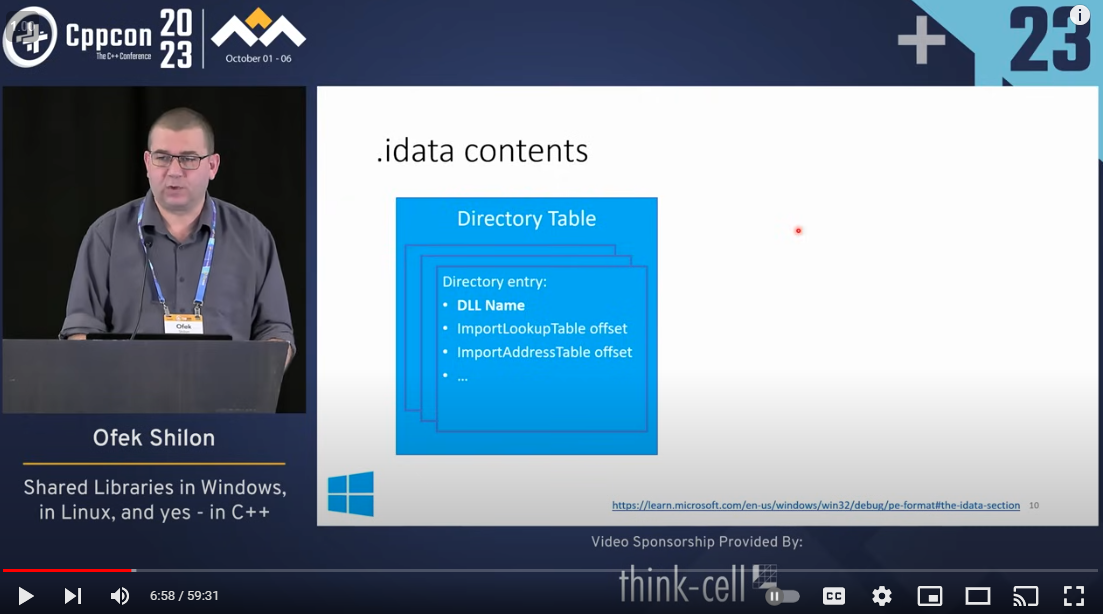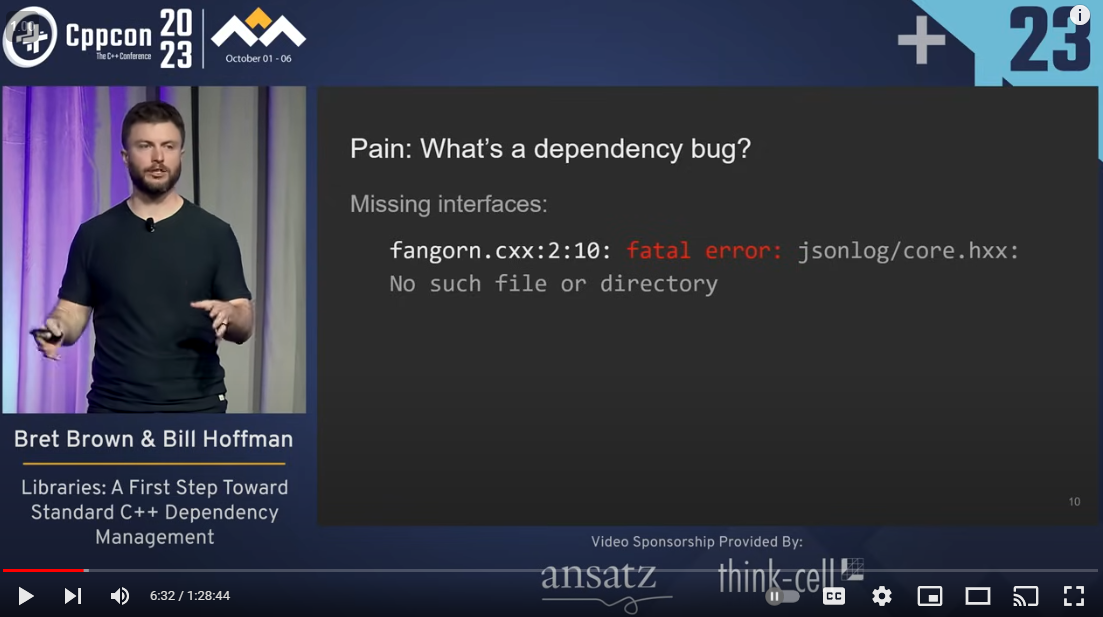C++ programmer's guide to undefined behavior: part 2 of 11
Your attention is invited to the second part of an e-book on undefined behavior. This is not a textbook, as it's intended for those who are already familiar with C++ programming. It's a kind of C++ programmer's guide to undefined behavior and to its most secret and exotic corners. The book was written by Dmitry Sviridkin and edited by Andrey Karpov.
C++ programmer's guide to undefined behavior: part 2 of 11
by Dmitry Sviridkin
From the article:
The compiler can be guided by the following logic: If the h value is positive—regardless of the c character—the h*27752 + c value will be positive: the c value is small, and there is no overflow. At the first iteration, h is positive, we sum up positive numbers. There are no overflows in a correct program, so at each iteration, the value will be positive. The result will be positive; we no need any check.


